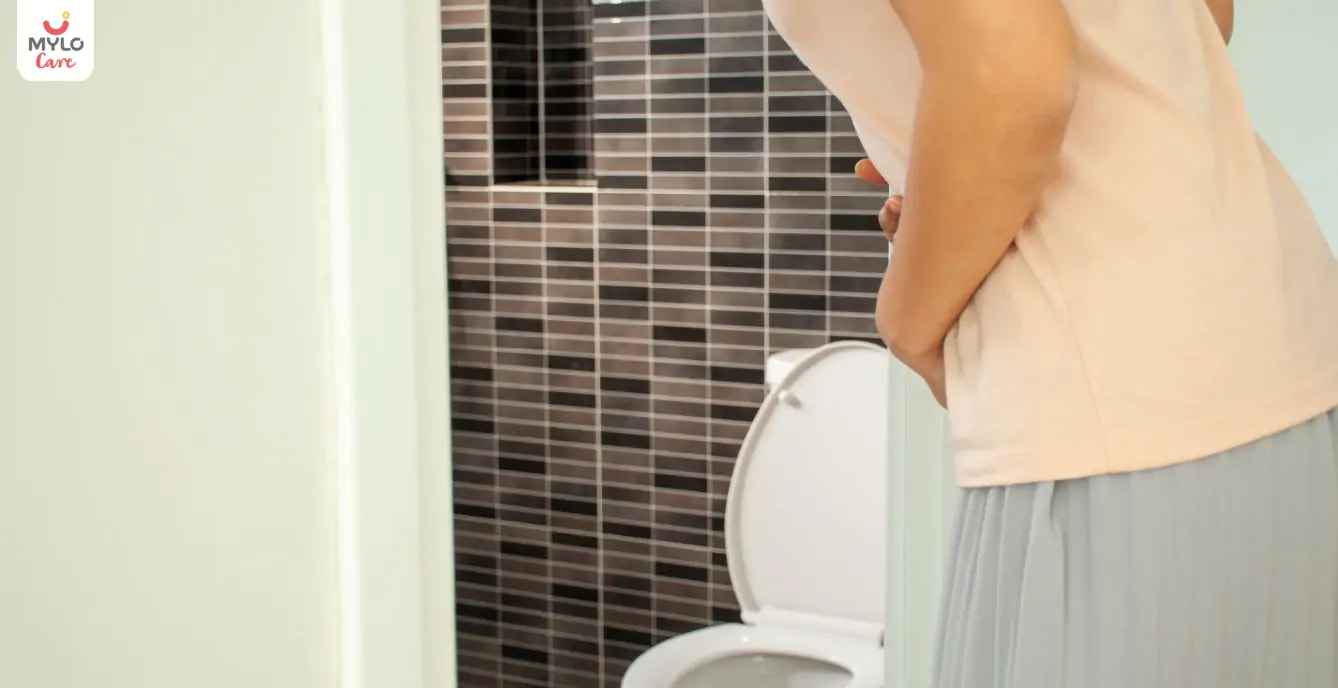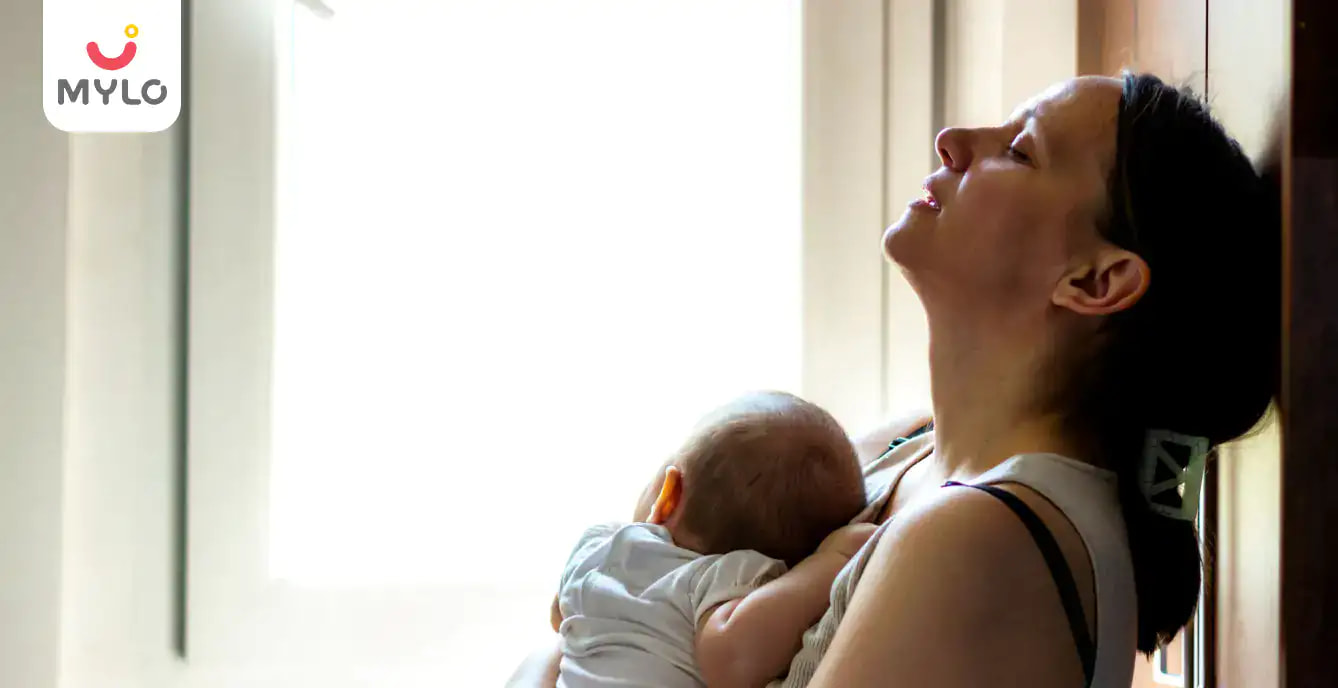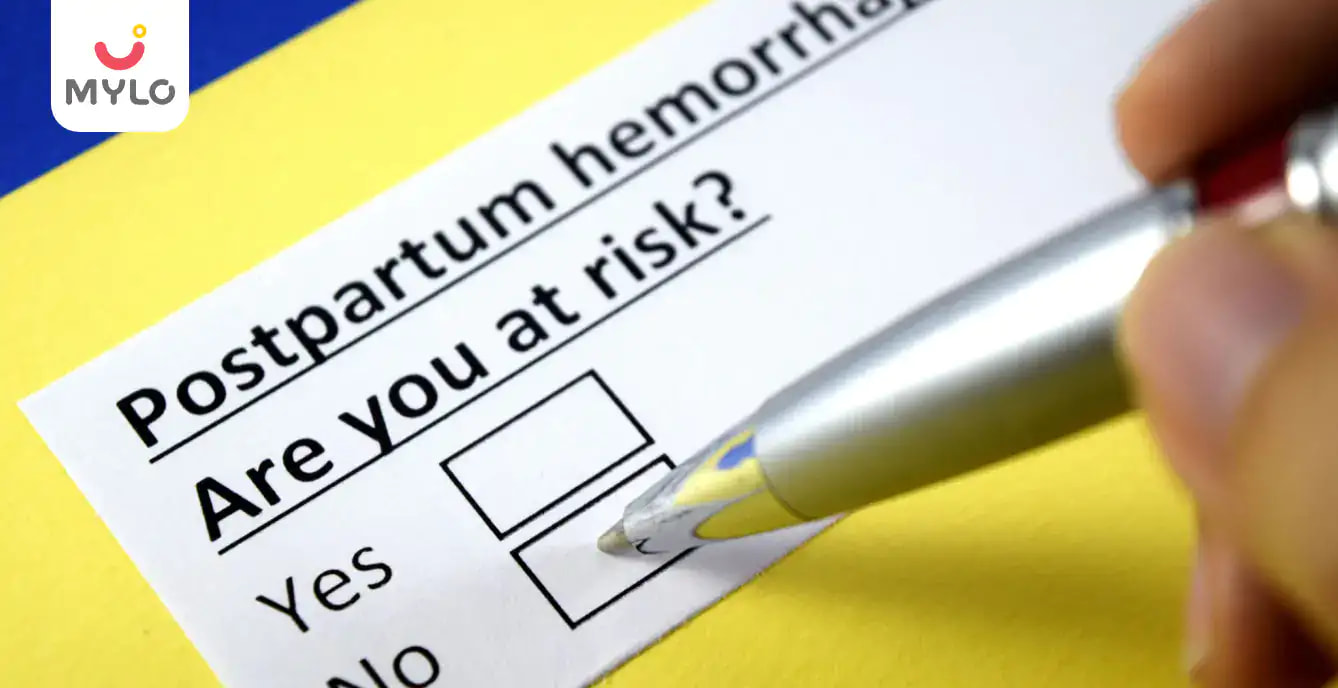Home

Postnatal Care

What Is Postpartum Bleeding or Lochia?
In this Article
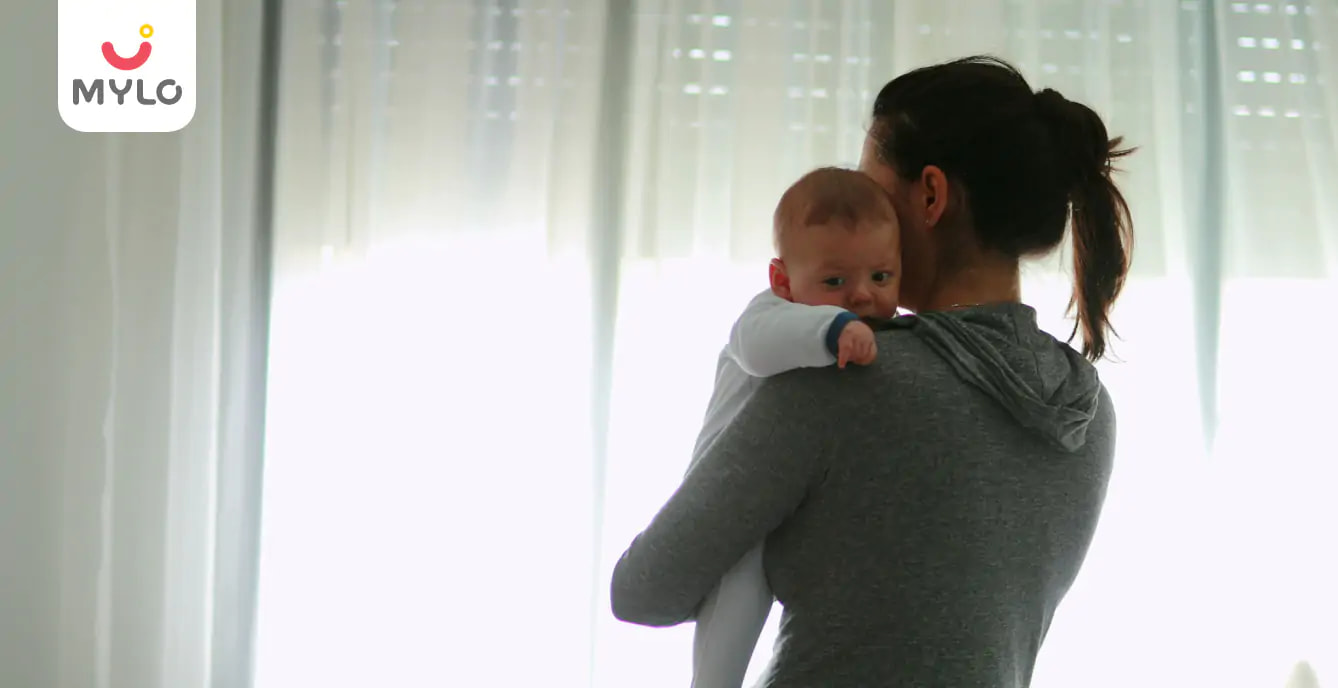
Postnatal Care
What Is Postpartum Bleeding or Lochia?
Updated on 10 April 2024
Most women think that their lives will return to normal after delivering a baby. However, they are not aware of the postpartum symptoms that need to be dealt with after childbirth. Postpartum refers to the period after pregnancy during which a woman might experience different types of symptoms. One of these symptoms is bleeding through the vagina.
Vaginal bleeding is a normal thing that usually stops after some time. However, women should be aware of postpartum bleeding and how many days bleeding continues after delivery.
What is postpartum bleeding or Lochia?
Postpartum bleeding refers to the medical condition in which blood gets discharged from the vagina. It usually happens after delivery and therefore, it is termed postpartum bleeding or Lochia in the medical language.
Postpartum bleeding occurs irrespective of whether a woman delivers a baby normally or through a C-section. Some women may confuse it with menstrual bleeding.
Lochia usually lasts longer than a menstrual cycle and contains some things that women might not experience during a normal menstrual discharge. It may contain extra blood, mucus, and even uterus tissue that the body wants to get rid of after pregnancy.
The tissues from the point where the placenta is attached are expelled by the body during vaginal bleeding. Due to these components, the blood is darker and heavier than usual.
What causes postpartum bleeding?
Postpartum bleeding can have several causes, and it is essential to differentiate between normal postpartum bleeding (lochia) and abnormal bleeding that may require medical attention. Here are the primary causes of postpartum bleeding:
1. Uterine atony
A medical condition when a woman's uterus fails to contract after childbirth.
2. Lacerations or tears
Lacerations in uterine, vaginal, and cervical areas lead to postpartum bleeding.
3. Retained or trapped placenta
When the placenta is partially detached during childbirth, one can experience vaginal bleeding. This lasts as long as the retained placenta remains in the uterus.
4. Placenta accreta
A condition when the placenta is attached too deeply to the uterine wall, and one needs to get it removed to stop bleeding.
5. Uterine inversion
In this condition, the uterus turns inside out, and the symptom of this happening is postpartum bleeding.
6. Uterine trauma
This happens due to the rupture of the uterus during the cesarean delivery.
How long do women bleed after childbirth?
Women typically experience postpartum bleeding up to 10 days from the delivery date. The bleeding slowly subsides and becomes lighter up to six weeks after childbirth. The vaginal discharge will turn from red to pink, brown, and finally into a whitish-yellow color. However, this might differ from one woman to another depending upon their pregnancy issues and complications.
Some women also struggle with the confusion related to how long do you bleed after a C-section. The answer is the same i.e. up to 10 days after which the discharge becomes lighter and the volume of the discharge also reduces considerably.
How to manage postpartum bleeding safely?
Postpartum bleeding is completely normal. Therefore, there is no need to freak out or panic when we observe a thick vaginal discharge after childbirth. It is recommended that women use thick pads that can absorb the bleeding perfectly. If required, the pads can be as thick as diapers.
Women must avoid using tampons during this period. It is so because they might assist entry of bacteria and germs into the vaginal tract and uterus which would complicate things further.
Women should avoid wearing luxury underwear immediately after childbirth as the blood stains might lead to rigid and hard-to-clean stains on them. They can wear old underwear that they don’t fancy anymore. However, the underwear must be clean, comfortable, and thick enough to conceal the spotting effectively.
Doctors recommend that women should take proper rest after delivery. They say so because their body is not recovered fully yet and heavy work might increase the bleeding.
You may like: Can you use an intimate wash during periods
When should we call a doctor regarding postpartum bleeding?
Bleeding after delivery is a normal phenomenon that almost all women go through. The intensity can differ from one woman to another. However, women must be aware of how many days bleeding will continue after delivery. If the bleeding occurs for a long, it is better to seek advice from a gynecologist. Here are some signs that reveal that they must contact the doctor immediately:
-
If women observe large blood clots during the discharge, they must consult a gynecologist immediately.
-
A profuse postpartum bleeding that soaks their large size pads within an hour indicates that there might be an infection or other issues along with the bleeding.
-
Lochia or bleeding after delivery should smell exactly like the discharge during the menstrual cycle. If the smell is more intense than that, they must talk with the doctor immediately.
-
If women experience dizziness or breathlessness or if their palpitation increases during the postpartum bleeding, they might need medical intervention or guidance.
-
If the bleeding causes chills or fever or if they feel like vomiting or nausea, they must seek medical advice from an expert.
-
Medical help may be needed if there is any swelling on the perineum i.e. the region between the rectum and vagina. Sometimes, the vagina itself pains and swells to some extent. In such cases also, women must seek medical advice or help.
-
The bleeding after delivery in the case of a C-section happens profusely and more volume of blood is expelled out as compared to a normal delivery. However, when the bleeding continues to be excessive and uncontrollable, it could be due to postpartum hemorrhage.
-
This kind of bleeding usually comes from the area that connects the uterus and placenta or from the cervical or vaginal tears that sustain after the pregnancy. Though rare, ignoring heavy bleeding after delivery is not a good thing for a mother’s health. It means that immediate medical intervention is required to treat a postpartum hemorrhage.



Written by
Roohi Kalra
Get baby's diet chart, and growth tips

Related Articles
RECENTLY PUBLISHED ARTICLES
our most recent articles

IUI Babies vs Normal Babies: Are They Any Different?

Food Cravings
Is it Safe to Eat Pani Puri During Pregnancy?

Scans & Tests
High WBC in Pregnancy (Leukocytes): Symptoms, Causes & Treatment
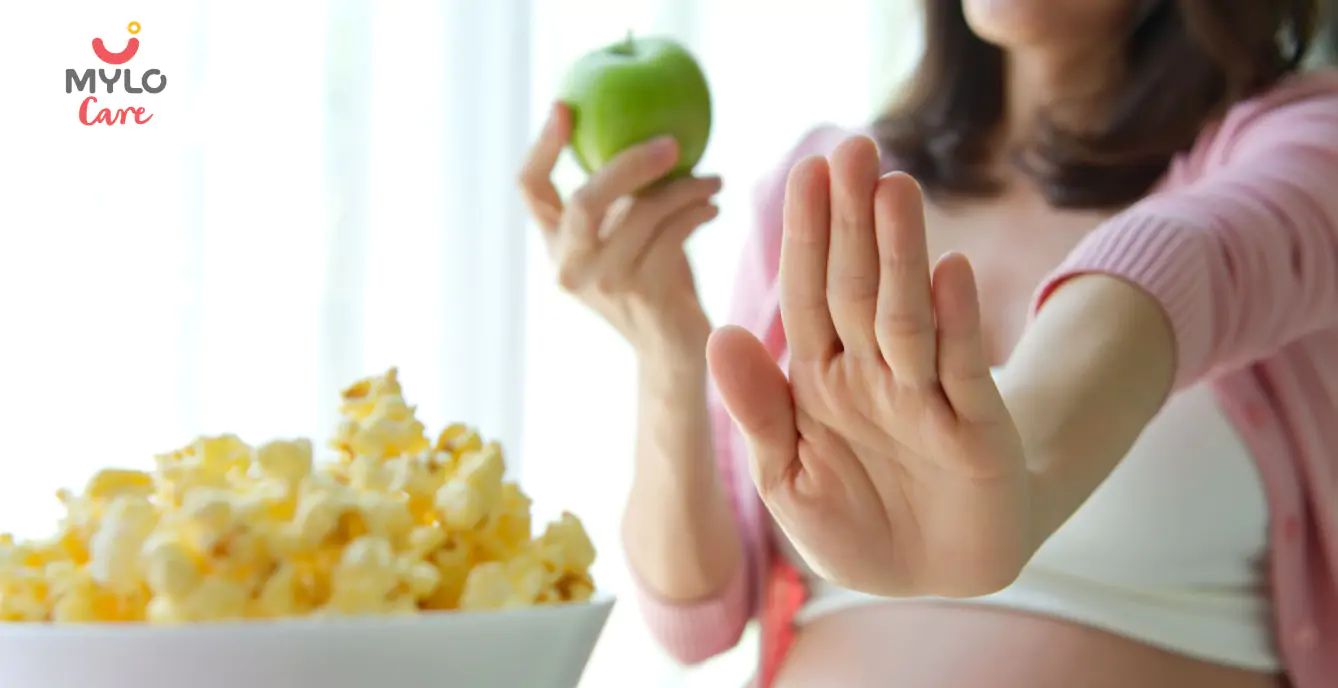
Diet & Nutrition
Top 10 food items and beverages that one must completely avoid during pregnancy.
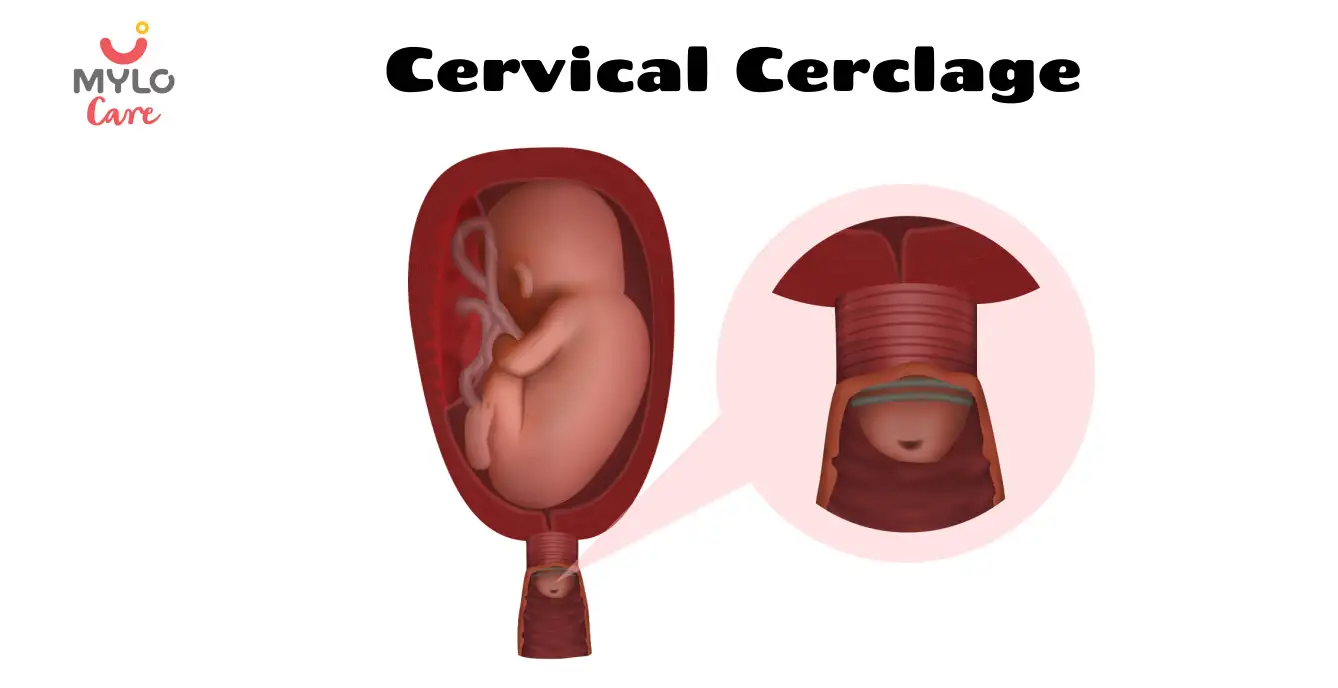
Negative Commerce Content
Things Not to Do After Cervical Cerclage for a Healthy Pregnancy

Pregnancy Precautions
When to Stop Bending During Pregnancy?
- Pain in Anus During Pregnancy: Your Guide to Causes and Cures
- White Spots on Nipple: Normal or Cause for Concern?
- Blessed with Baby Boy: 50+ Ways to Announce Your Baby's Birth
- Brown Discharge During Early Pregnancy: Understanding the Causes & Next Steps
- When Can I Start Bending After C-Section: Expert Insights on C-Section Recovery
- 18 Foods That Can Cause Miscarriage: A Guide to Avoiding Harmful Foods
- 9 Week Ultrasound: What to Expect & What are the Red Signals?
- Drumstick During Pregnancy: The Ultimate Guide to Benefits & Side Effects
- How to Avoid Pregnancy After Missing Period Naturally?
- 1st Birthday Wishes for Nephew and Niece That Tug at the Heart
- The Ultimate Collection of Baby Boy Names in Telugu
- Navel Displacement: The Ultimate Guide to Causes, Symptoms & Treatment
- Top 10 Thriller Movies on Hotstar for Edge-of-Your-Seat Excitement
- 10 Best Pakistani Dramas of All Time


AWARDS AND RECOGNITION

Mylo wins Forbes D2C Disruptor award

Mylo wins The Economic Times Promising Brands 2022
AS SEEN IN
















- Mylo Care: Effective and science-backed personal care and wellness solutions for a joyful you.
- Mylo Baby: Science-backed, gentle and effective personal care & hygiene range for your little one.
- Mylo Community: Trusted and empathetic community of 10mn+ parents and experts.
Product Categories
baby carrier | baby soap | baby wipes | stretch marks cream | baby cream | baby shampoo | baby massage oil | baby hair oil | stretch marks oil | baby body wash | baby powder | baby lotion | diaper rash cream | newborn diapers | teether | baby kajal | baby diapers | cloth diapers |



